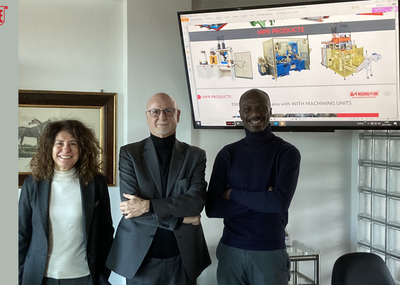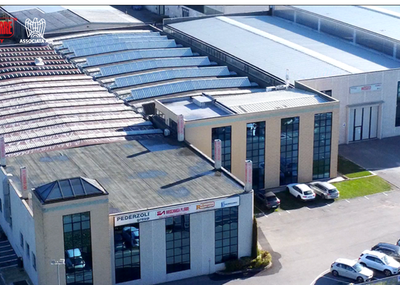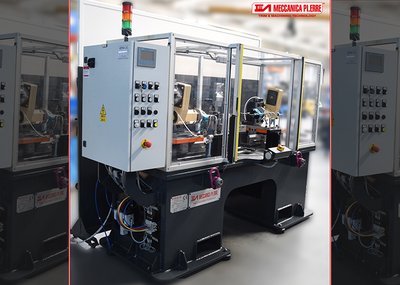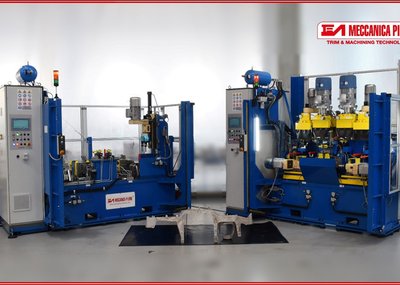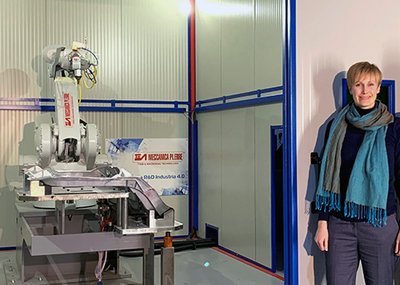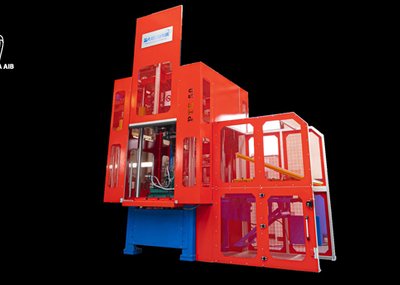Nowadays fully electric presses of this category are joined by that of medium-large size: the 100 T, which can approximately work with DCM from 1500 to 2500 T. To have integrated this press into our own range of products allows the company to get even closer to those customers who exactly have a medium-large machine fleet.
Incorporating ELECTRA within your own production process leads to a series of advantages: first of all the reduction of the energy consumption which is valued almost halved. Having avoid all the hydraulic components from the press, the operator, and therefore the customer, will no longer run into machine downtime caused by the hydraulic part, such as oil leaking, problems caused by the main cylinder etc. This means a lot in terms of saving money regarding oil, or water glycol, their filtration and hydraulic components, and in particularly costs concerning the maintenance of the aforementioned components. Furthermore, with Electra, since everything is managed electronically, even the analysis of alarms becomes faster and simpler, as such fault / or anomaly is due to be connected to an easily resolvable electrical-electronic issue.
All these features noted and confirmed with the carrying out of the series of presses Electra are of course present in the new 100 T. Important TIER 1 and TIER2 moved by the strong interest in this type of deburring machine, are looking forward for Meccanica Pi.Erre to soon introduce the Electra 100 T and in the future electric presses of higher sizes and tonnages.
As previously advertised, Meccanica Pi.Erre organizes direct Webinars with its own customers and potential customers in order to promote this innovative press, which we once again reaffirm that has obtained the international patent, and to disseminate more information. Electra as an innovative solution, which fully grasps the contents and objectives of both industry 4.0 and, above all, the ecological transition. Its use not only significantly reduces energy consumption, but Electra is also able to produce energy and accumulate it during the descent and closing phases of the TABLES. Furthermore, by avoiding oils, the problem of their disposal and therefore environmental pollution is eliminated.




